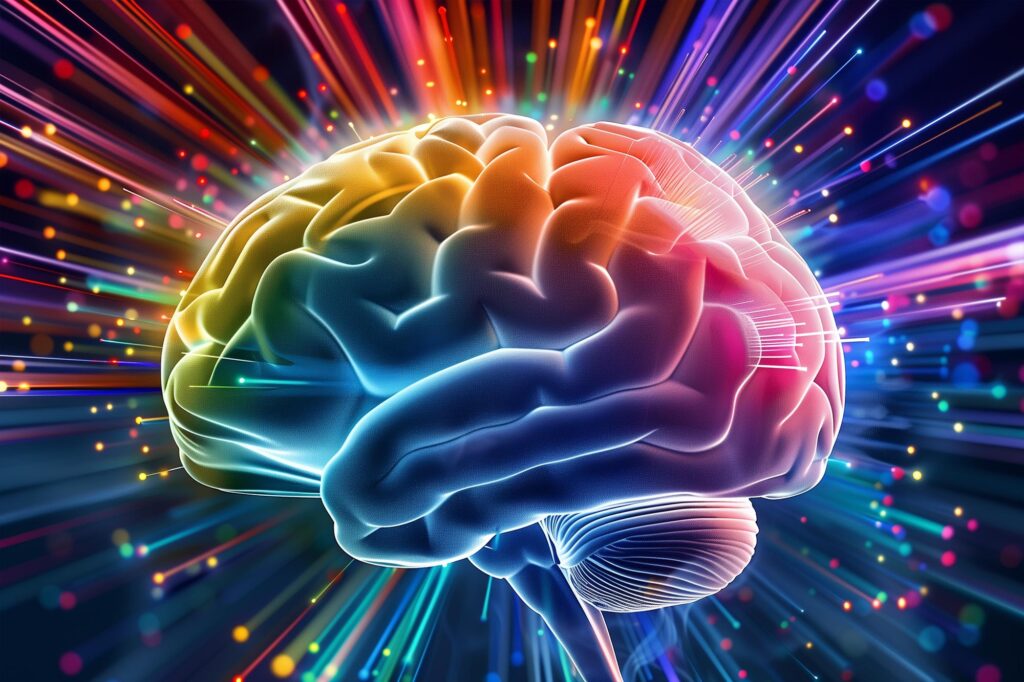In our fast-paced world, keeping your mind sharp isn’t just about avoiding deterioration with age, but also about performing at your best today. From students and professionals to seniors, everyone can benefit from habits that protect, nourish, and strengthen the brain. Here’s a deep dive into powerful, science-backed habits to help your brain function smarter and stay healthy for years to come.

1. Prioritize Quality Sleep
Sleep is the brain’s maintenance time. While you sleep, your brain consolidates memories, eliminates toxins, and prepares for the next day. Sleeping too little or insufficiently affects concentration, problem-solving, and emotional balance.
Tips to improve sleep quality:
- Maintain a consistent sleep schedule, even on weekends.
- Avoid screens and heavy meals at least an hour before bedtime.
- Keep your bedroom dark, quiet, and cool.
- Develop a relaxing pre-bedtime routine: reading, gentle stretching, or meditation.
2. Exercise Regularly
Physical activity is not only beneficial for the body, it is also crucial for the brain. Regular aerobic exercise increases blood flow to the brain, encourages the growth of new neurons, and improves memory and mood.
The best types of exercise for brain health:
Brisk walking, jogging, or biking (aim for at least 150 minutes of moderate exercise per week)
Yoga and tai chi to connect mind and body and relieve stress
Strength training, which is linked to improved executive function
3. Eat brain-boosting foods
Your brain needs the right fuel. A diet rich in antioxidants, healthy fats, vitamins, and minerals provides the building blocks for healthy neurons and neurotransmitters.
Brain-friendly foods include:
- Fatty fish like salmon and sardines (rich in omega-3s)
- Leafy green vegetables like spinach and kale
- Fruits, especially blueberries, which are packed with antioxidants
- Nuts and seeds: walnuts are especially good for the brain
- Dark chocolate (in moderation): flavonoids can improve memory and mood
- Whole grains and legumes for steady energy
4. Challenge Your Brain
Your brain thrives on novelty and challenge. Activities that force you to think in new ways build cognitive reserve and keep neural pathways flexible.
Ways to challenge your brain:
- Learn a new language or musical instrument.
- Play strategy games like chess or Sudoku.
- Try puzzles, crossword puzzles, or brain-training apps.
- Start a hobby that requires skill: painting, coding, or woodworking.
5. Manage Stress Effectively
Chronic stress floods the brain with cortisol, which can damage the hippocampus (a key memory center) over time. Managing stress isn’t optional; it’s essential for long-term brain health.
Healthy Stress Management Habits:
- Practice mindfulness or meditation daily.
- Try deep breathing or progressive muscle relaxation.
- Talk to friends or a therapist about what’s bothering you.
- Spend time in nature; even a short daily walk outside helps.
6. Stay Socially Connected
Humans are hardwired to connect. Social interaction boosts attention and memory, reduces stress, and even helps prevent cognitive decline.
Ways to stay connected:
- Call or meet up with friends and family regularly.
- Join clubs, community groups, or volunteer.
- Take group classes that combine learning and socializing.
- Spending time with pets: these are also great stress relievers.
7. Keep learning
Lifelong learning is like exercise for the brain. Whether it’s formal education or casual curiosity, staying mentally active builds cognitive reserves that can slow age-related decline.
Practical ideas:
- Read widely and frequently.
- Take online courses or attend workshops.
- Watch documentaries or listen to educational podcasts.
- Ask questions and explore new perspectives.
8. Limit mentally draining habits
Certain habits silently undermine cognitive health. Reduce:
- Excessive alcohol consumption, which can damage neurons. Tobacco, which reduces oxygen flow to the brain.
- Highly processed foods high in sugar and trans fats.
- Excessive screen time and multitasking, which disperse concentration.
9. Engage in meaningful social interactions
Conversation improves cognitive processing and emotional intelligence. Social connections help protect against age-related cognitive decline.
10. Unplug and take mental breaks
Digital overload can lead to fatigue and reduced productivity. Taking short breaks helps renew mental energy and enhance creativity.
Your brain is incredibly adaptable, but only if you give it the right conditions to thrive. By sleeping well, moving, eating smart, staying connected, and continually challenging yourself, you not only protect your brain, but you also push it to reach its full potential.
Start with one or two habits and build from there. Small daily actions add up to a lifetime of mental strength and clarity.




Leave a comment